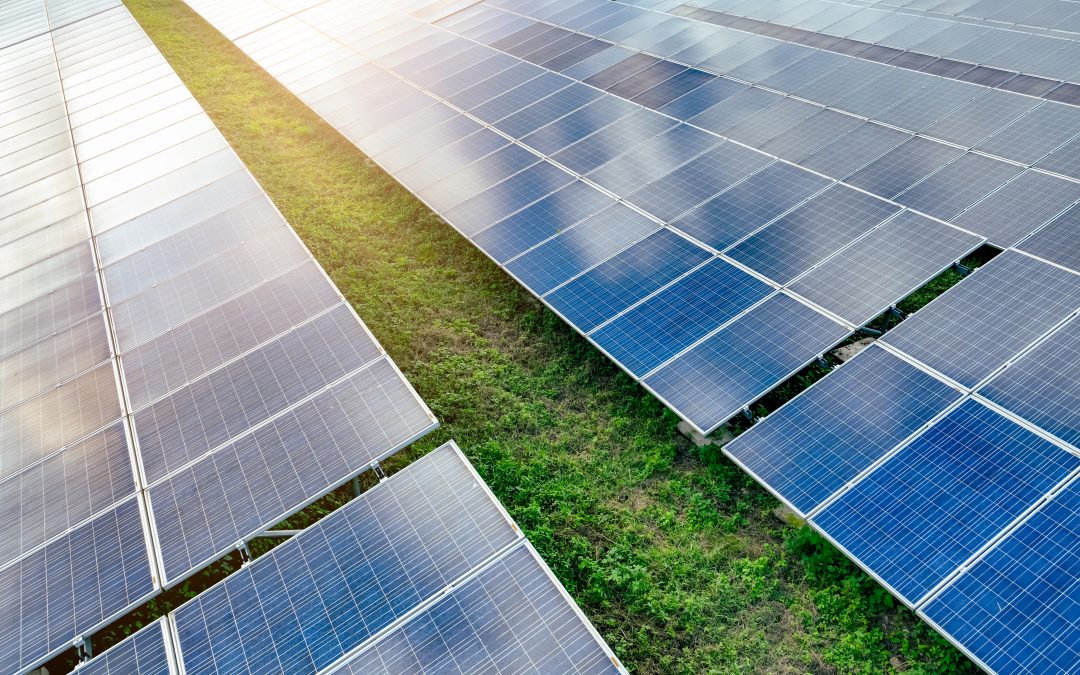In recent years, the intersection of solar energy and agriculture has emerged as a promising solution to address both energy needs and sustainable food production. As the world seeks alternative energy sources to combat climate change, solar power has become increasingly integrated into agricultural practices, offering farmers an opportunity to not only reduce their carbon footprint but also enhance their productivity and profitability. In this blog post, we’ll explore how solar energy is being harnessed to revolutionize farming practices and promote sustainability.
The Marriage of Solar Energy and Agriculture
Traditionally, agriculture has been heavily reliant on fossil fuels for irrigation, machinery operation, and other energy-intensive processes. However, the rising costs of fossil fuels and growing concerns about environmental degradation have prompted farmers to seek alternative energy sources. Solar energy presents an attractive solution due to its abundance, affordability, and environmental benefits.
Solar Panels on Farms
One of the most visible manifestations of the synergy between solar energy and agriculture is the installation of solar panels on farms. By harnessing the power of the sun, farmers can generate clean, renewable electricity to meet their energy needs. Solar panels can be installed on rooftops, unused land, or mounted on structures such as barns or silos, maximizing space utilization without interfering with agricultural activities.
Benefits for Farmers
The adoption of solar energy offers numerous benefits for farmers. Firstly, it provides a reliable and cost-effective source of electricity, reducing reliance on volatile fossil fuel prices. Additionally, solar panels can generate additional income for farmers through net metering programs, where excess electricity produced is fed back into the grid, earning credits or revenue for the farm.
Moreover, solar panels can provide shade for crops and livestock, reducing heat stress and improving overall productivity. In arid regions, solar-powered irrigation systems can enable sustainable water management, conserving precious resources while increasing crop yields.
Environmental Sustainability
From an environmental standpoint, the integration of solar energy into agriculture offers significant advantages. By replacing fossil fuels with clean, renewable energy, farmers can reduce greenhouse gas emissions and mitigate climate change. Additionally, solar-powered farming practices can help preserve biodiversity and protect natural habitats by minimizing pollution and resource depletion.
The Future of Solar-Powered Agriculture
As technology continues to advance, the potential for solar-powered agriculture is virtually limitless. Innovations such as solar-powered drones for crop monitoring, autonomous solar-powered machinery, and energy-efficient greenhouses powered by solar panels are revolutionizing farming practices, making them more efficient, sustainable, and resilient to climate change.
The marriage of solar energy and agriculture represents a significant opportunity to promote sustainability and resilience in food production. By harnessing the power of the sun, farmers can reduce their environmental impact, enhance their productivity, and secure a brighter future for generations to come. As the world faces increasing challenges from climate change and resource scarcity, solar-powered agriculture offers a beacon of hope, demonstrating the transformative potential of renewable energy in shaping a more sustainable and prosperous future for agriculture.


Recent Comments